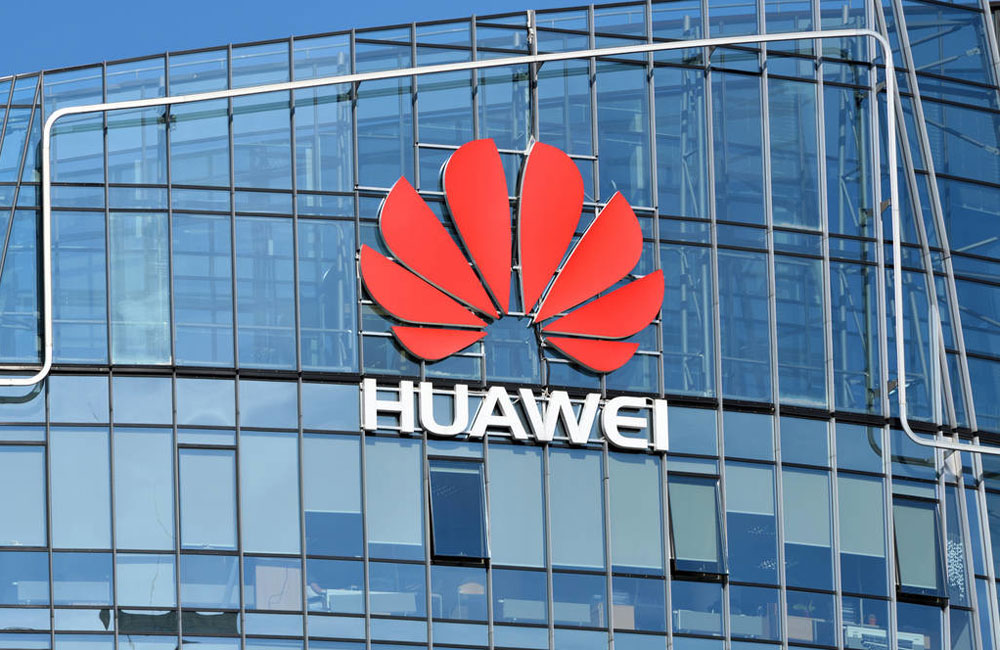Taiwan’s International Trade Administration has added Huawei and SMIC, two leading Chinese semiconductor firms, to its “Strategic High-Tech Commodities Entity List.”
This blacklist also covers many of their international subsidiaries. Taiwanese companies must now obtain licenses before exporting products to these entities.
Taiwan Reinforces Export Controls in Line with U.S. Policy
Huawei and SMIC are already blacklisted by the United States due to concerns about arms proliferation and national security.
Taiwan’s move strengthens this policy and aims to close existing loopholes, according to semiconductor analyst Ray Wang.
The new export controls may also increase penalties for violations.
Impact on Taiwanese Semiconductor Industry
Taiwan Semiconductor Manufacturing Co. (TSMC) has followed U.S. export restrictions, especially after a discovery last October revealed TSMC-made chips in Huawei AI training cards.
The U.S. Commerce Department ordered TSMC to stop supplying Chinese clients with chips used for AI. TSMC could face a $1 billion penalty linked to this issue.
Huawei’s Chip Development Challenges
Huawei has tried to develop alternatives to Nvidia GPUs for AI but faces limits due to export controls and domestic ecosystem constraints.
Experts say Huawei obtained millions of GPU dies from TSMC before loopholes were closed, according to Paul Triolo of the DGA-Albright Stonebridge Group.
Geopolitical Context and Security Concerns
Taiwan’s export crackdown happens amid escalating tensions with Mainland China, which considers Taiwan its territory to be reunified by force if necessary.
The U.S. recently reaffirmed support for the status quo as China conducted large military drills near Taiwan.
China’s top political adviser Wang Huning called for promoting reunification and opposing Taiwan independence.
PHOTO: CHINADAILY/IC
This article was created with AI assistance.
Read More






 Wednesday, 25-02-26
Wednesday, 25-02-26







